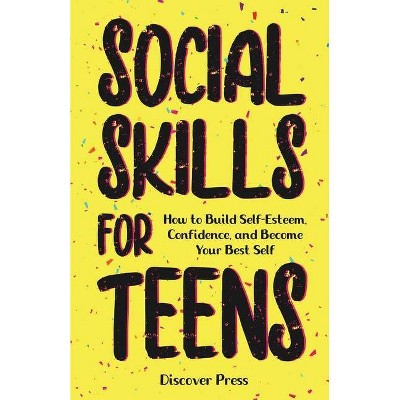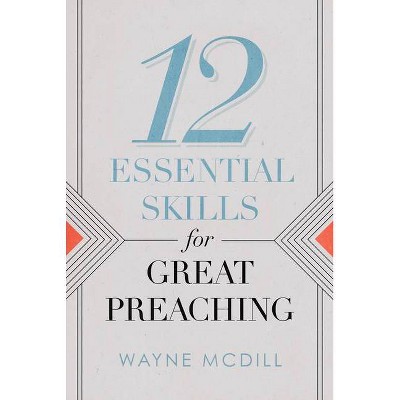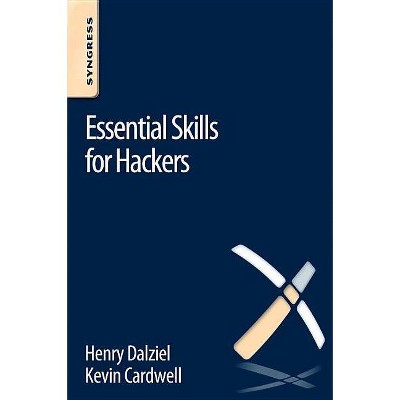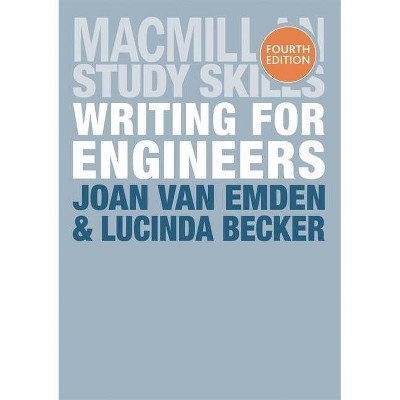Ten Essential Skills for Electrical Engineers - (IEEE Press) by Barry L Dorr (Paperback)
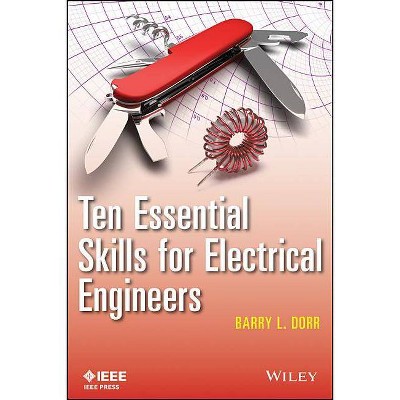
Similar Products
Products of same category from the store
AllProduct info
<p/><br></br><p><b> Book Synopsis </b></p></br></br><p>The book is a review of essential skills that an entry-level or experienced engineer must be able to demonstrate on a job interview and perform when hired. It will help engineers prepare for interviews by demonstrating application of basic principles to practical problems. Hiring managers will find the book useful because it defines a common ground between the student's academic background and the company's product or technology-specific needs, thereby allowing managers to minimize their risk when making hiring decisions.</p> <p><b>Ten Essential Skills</b> contains a series of How to chapters. Each chapter realizes a goal, such as designing an active filter or designing a discrete servo. The primary value of these chapters, however, is that they apply engineering fundamentals to practical problems. The book is a handy reference for engineers in their first years on the job.</p> <ul> <li>Enables recent graduates in engineering to succeed in challenging technical interviews</li> <li>Written in an intuitive, easy-to-follow style for the benefit of busy students and employers</li> <li>Book focuses on the intersection between company-specific knowledge and engineering fundamentals</li> <li>Companion website includes interview practice problems and advanced material</li> </ul><p/><br></br><p><b> From the Back Cover </b></p></br></br><p>"Presents an uncommonly insightful perspective of the insights, experience, and wisdom of the author regarding the craft of electrical engineering. This book is a 'must have' on the bookshelf of any newly practicing hardware engineer and those who mentor them."<br/> --Roger Colbath, Engineering Director, ViaSat, Inc. <p>In today's competitive marketplace, engineering students and professionals need every advantage to succeed in job interviews and in the industry. This insightful book will serve as a valuable reference for them throughout the interview process and while on the job. <p><i>Ten Essential Skills for Electrical Engineers</i> applies the fundamentals learned in school to the practical tasks required by employers. With the ultimate goal of helping readers land a job and succeed at it, the book offers insightful chapters that teach them how to: design resistive circuits; prevent thermal failures; analyze circuits; use statistics to design manufacturable products; design feedback control systems; design op-amp circuits; design analog and digital filters; and work with high-frequency digital and RF signals. <p>Written in an intuitive, easy-to-follow style, the book: <ul> <li>Enables recent graduates in engineering to succeed in challenging technical interviews</li> <li>Reviews practical skills using the latest tools and techniques</li> <li>Focuses on the intersection between company-specific knowledge and engineering fundamentals</li> <li>Offers real-life, industry case studies, examples, and commentary from employers and practicing engineers</li> <li>Provides a companion website containing interview practice problems and advanced material for readers seeking additional expertise</li> </ul> <p><i>Ten Essential Skills for Electrical Engineers</i> is a must-have book for aspiring and current engineers who wish to approach their next job interview confident in their grasp of the engineering skills that employers are seeking.<p/><br></br><p><b> About the Author </b></p></br></br><p><b>BARRY L. DORR, PE, </b> is a Principal Design Engineer at Datron World Communications. He has taught Circuit Analysis at San Diego State University, Servo Systems for the IEEE, and numerous industrial seminars. He holds eight patents for signal processing and communication devices, and has contributed articles to <i>Embedded Computing Magazine</i>, <i>Electronic Design News</i>, and various trade publications.
Price History
Price Archive shows prices from various stores, lets you see history and find the cheapest. There is no actual sale on the website. For all support, inquiry and suggestion messagescommunication@pricearchive.us

